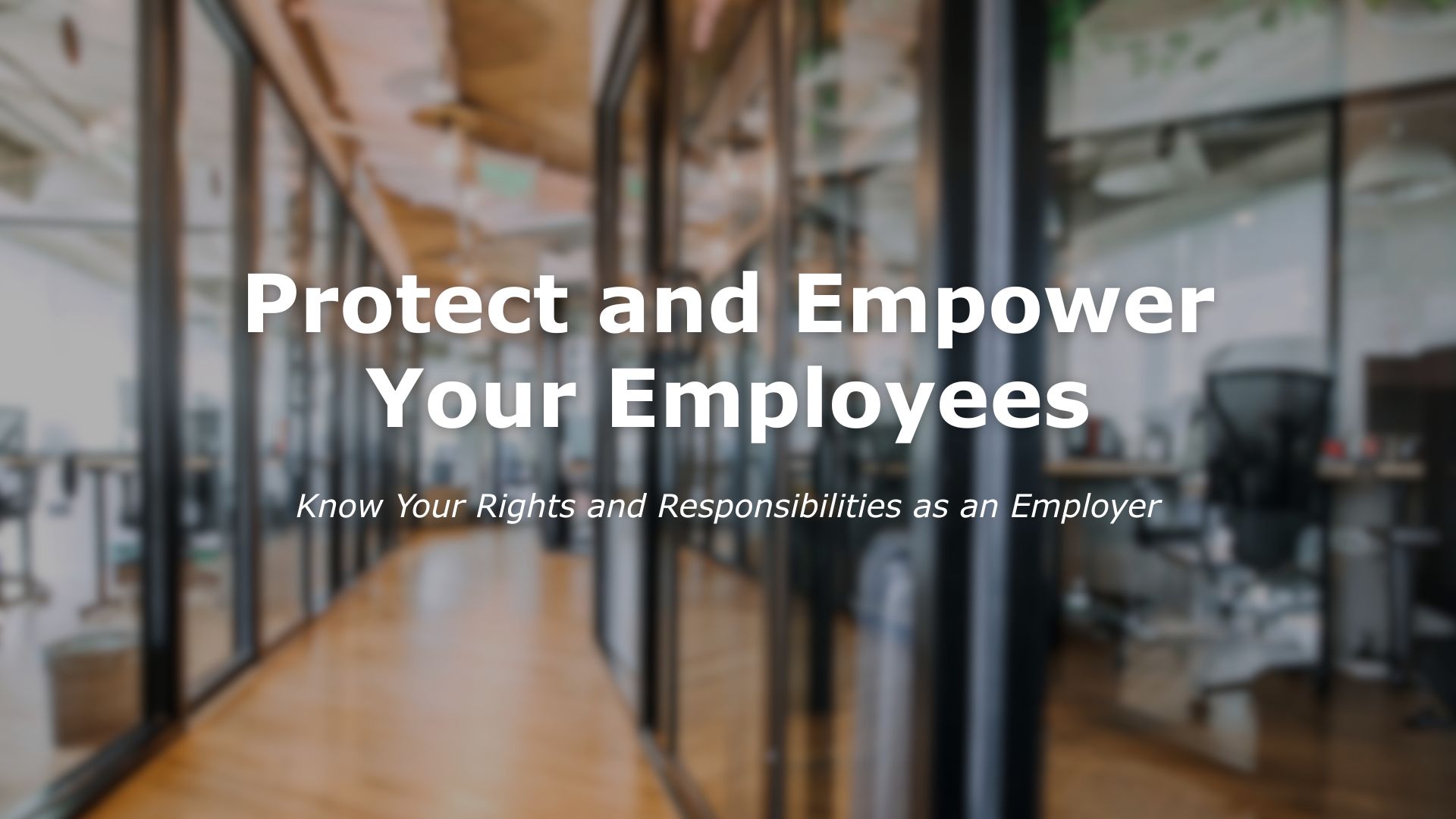At Chrysalis, we believe in dignity, opportunity, and the rights of all workers – regardless of immigration status. Many of the individuals we serve are rebuilding their lives and livelihoods, often while navigating systemic barriers and fear rooted in their immigration circumstances. It is essential that employers know their legal responsibilities and how to protect the rights of their workforce should U.S. Immigration and Customs Enforcement (ICE) conduct a raid or worksite investigation.
Here’s what every employer should know and do:
Know Your Rights and Responsibilities as an Employer
- ICE cannot enter non-public areas of a workplace without a judicial warrant signed by a judge. Administrative ICE warrants (Form I-200 or I-205) are not valid for entry without consent.
- Employers are not legally obligated to allow ICE agents to access employee records or private spaces without proper legal documentation.
- You have the right to ask to see and verify a warrant, and to consult with legal counsel before responding.
Create a Workplace Plan
- Develop a clear protocol for managers and staff on what to do if ICE agents arrive.
- Designate a point person or legal contact to handle interactions with ICE. Inform your staff, especially those who would be the first point of contact, about who the designated point person or legal contact and how to contact them.
- Train staff not to interfere, but also not to consent to searches or provide information without a valid warrant or subpoena.
Protect and Empower Your Employees
- Inform workers of their rights:
- They have the right to remain silent.
- They are not required to answer questions about immigration status.
- They can ask to speak to a lawyer before signing any documents.
- Consider providing a know your rights training or resources for your employees, ideally in multiple languages.
Maintain Best Practices in Employment Documentation
- Ensure that all employee records (including I-9s) are in order and that hiring practices comply with federal law.
- Do not discriminate against workers based on actual or perceived immigration status, national origin, or race.
Seek Legal Guidance
- Consult with an immigration or employment attorney to ensure your business is following all applicable laws and to help prepare your workplace response plan.
Standing with Workers, Standing for Dignity
At Chrysalis, we are committed to ensuring that everyone—no matter their place of origin or status – has the chance to work, thrive, and be treated fairly. We urge our employer partners and community allies to uphold workers’ rights and contribute to a more just, equitable workplace for all.
